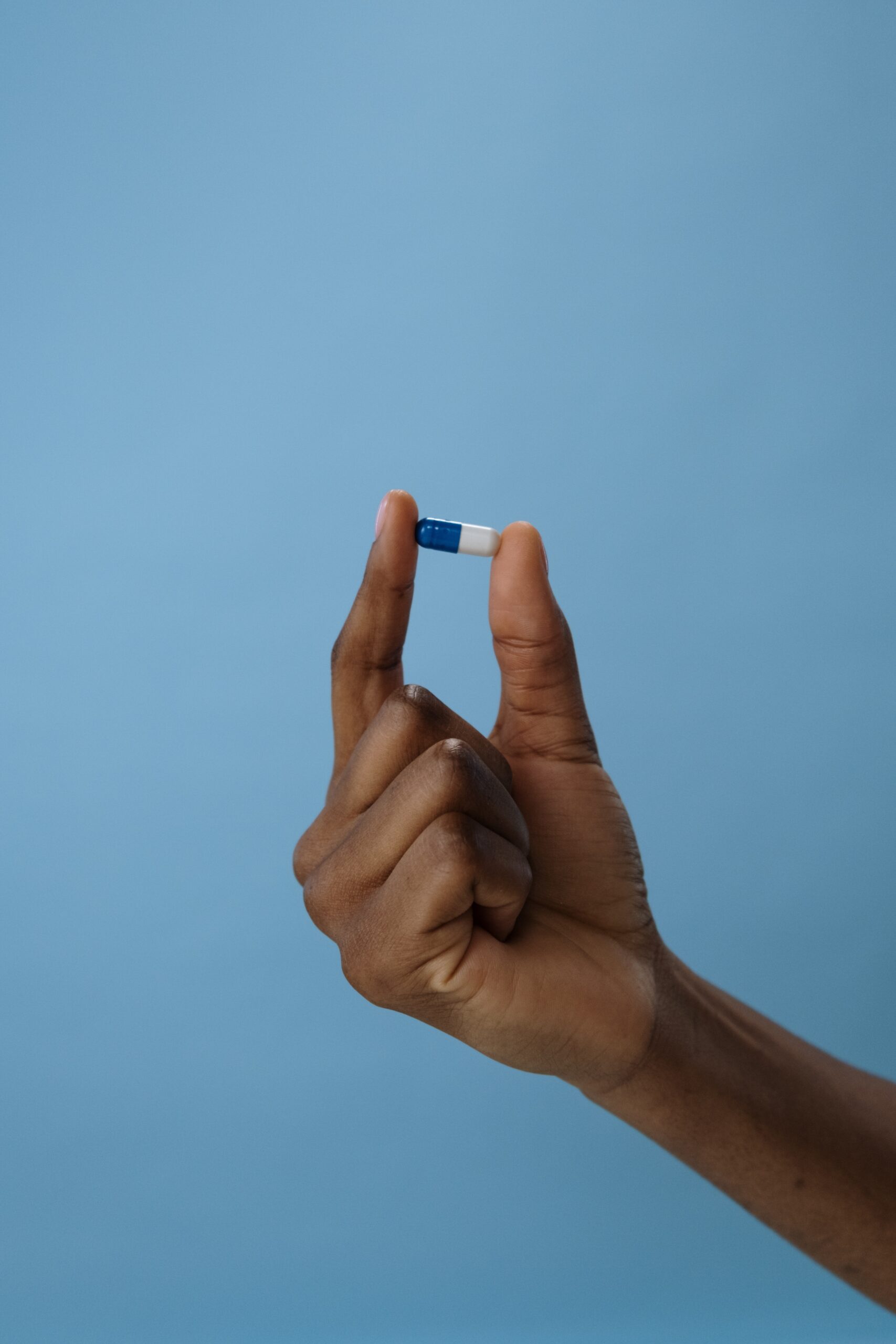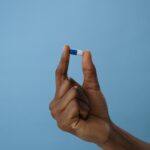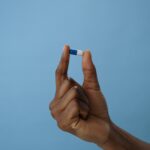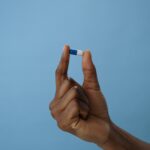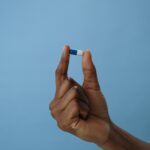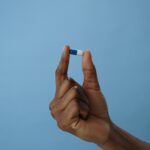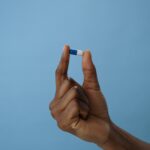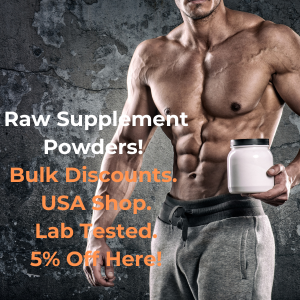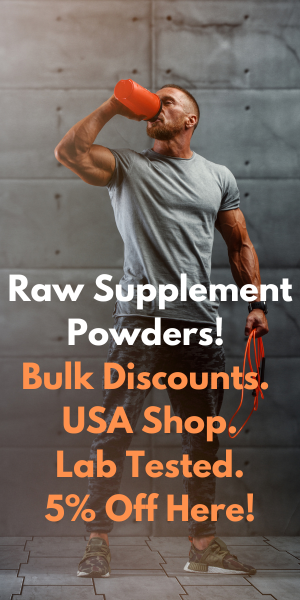In the ever-evolving world of fitness and nutrition, pre-workout supplements have become a staple for those seeking an extra boost of energy, enhanced workout performance, and the motivation to push through demanding training sessions.
We will delve into the science, assess the risks and benefits, and navigate the complex landscape surrounding the use of pre-workout supplements by teenagers. So, fasten your seatbelts, because we’re about to unravel the facts, myths, and the essential considerations surrounding pre-workout supplements and their safety for teens.
- Do Preworkout Supplements Cause Heart Problems?
- Are Preworkout Supplements Safe For Teens
- Do Preworkout Supplements Cause Hair Loss
- Preworkout Supplements And Depression: Why Do They Make People Depressed?
- Will Preworkout Supplements Affects Sleep: What You Need To Know!
Pre Workout Supplements And Teens
The use of pre-workout supplements among teenagers has become a subject of concern and debate within the fitness and healthcare communities. Pre-workout supplements are formulated to provide an immediate boost in energy, enhance workout performance, and increase motivation. However, these supplements often contain high levels of caffeine, stimulants, and other potent ingredients that can affect a teenager’s developing body and mind.
One primary concern with pre-workout supplements for teens is the potential risk of overstimulation. The high doses of caffeine and stimulants found in these products can lead to anxiety, restlessness, increased heart rate, and even issues with sleep. For teenagers who are still growing and developing, these effects can be more pronounced and disruptive. Additionally, excessive caffeine intake can have negative impacts on a teen’s developing brain, potentially leading to problems with attention, focus, and mood regulation.
Another consideration is the lack of regulation and quality control in the supplement industry. Many pre-workout products are not rigorously tested or monitored, and the actual ingredients and dosages can vary widely between brands. This lack of consistency can pose a significant risk for teenagers, as they may inadvertently consume harmful substances or ingredients that interact negatively with their growing bodies.
Ultimately, the use of pre-workout supplements by teens should be approached with caution, and it’s advisable for parents and teenagers to consult with healthcare professionals before incorporating these products into their fitness routines.
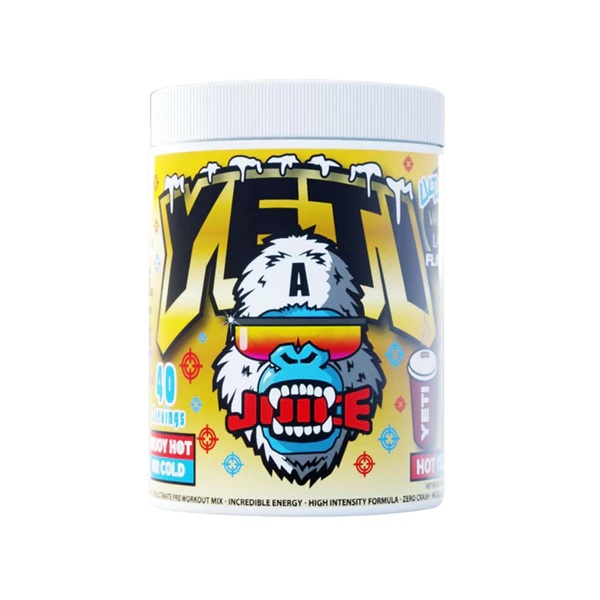
Buy Pre Workout Online
We Have Some Of The Best Preworkout Out There!
Come have a look what types of Preworkouts we have? Shop the best Preworkouts! We have found the best deals! Or please feel free to read more about the many benefits of Preworkout Supplements on site.
Pump Boosting Preworkouts And Teens
Pump-boosting pre-workouts, which primarily focus on enhancing blood flow and vascularity, are often considered a safer option for teens compared to stimulant-heavy pre-workout supplements.
These formulations typically exclude high doses of caffeine and other energizing compounds, which can lead to restlessness, anxiety, and sleep disturbances in teens. By opting for pump-boosting pre-workouts, adolescents can experience the benefits of improved blood flow to working muscles without the potential side effects associated with stimulants, making them a more suitable choice for this age group. Shop raw supplements, bulk discount, lab tested 5% off here!
For teenagers who are still in their developmental stages, avoiding excessive stimulant intake is critical. Stimulant-heavy pre-workouts can disrupt sleep patterns, which are essential for growth and overall well-being in adolescents. Additionally, the jittery or anxious feelings associated with caffeine consumption can be particularly disruptive for teens, who are already navigating the challenges of adolescence and academic responsibilities.
Pump-boosting pre-workouts offer a safer alternative for teens looking to enhance their workouts without the drawbacks of stimulants. However, as with any dietary supplement, it’s essential for teens and their parents to consult with healthcare professionals before incorporating these products into their fitness routines to ensure safety and suitability.
